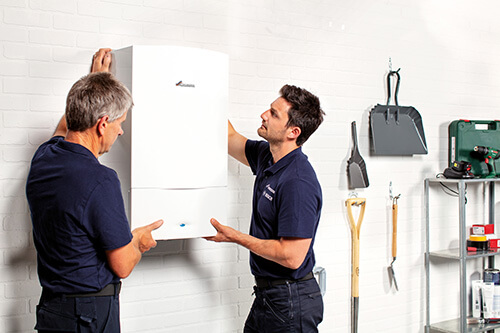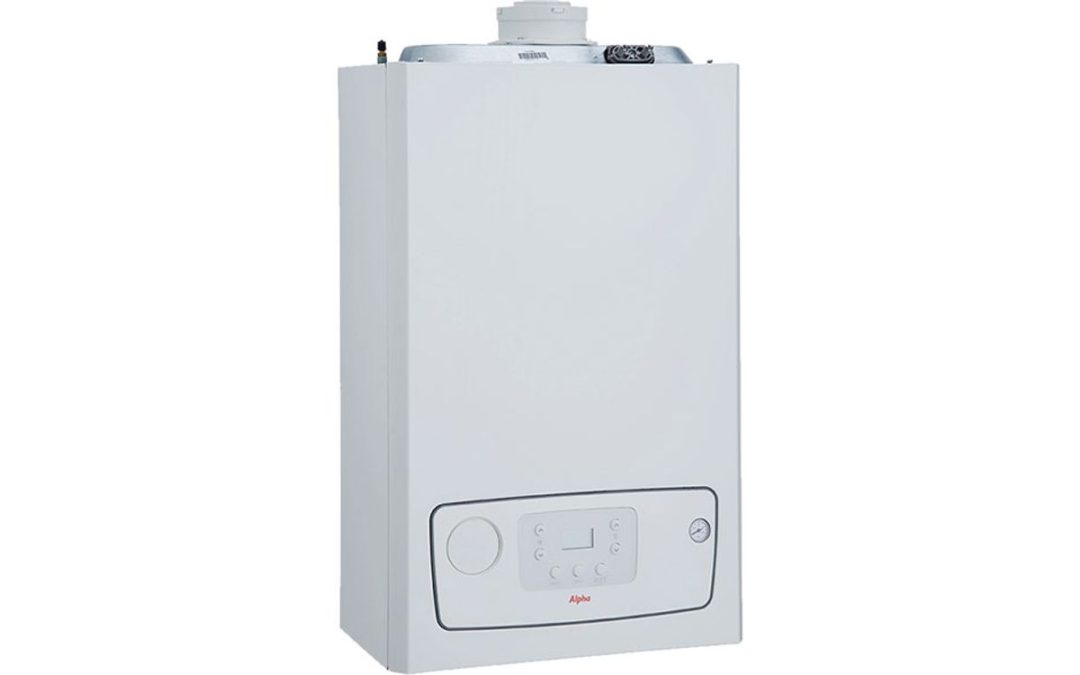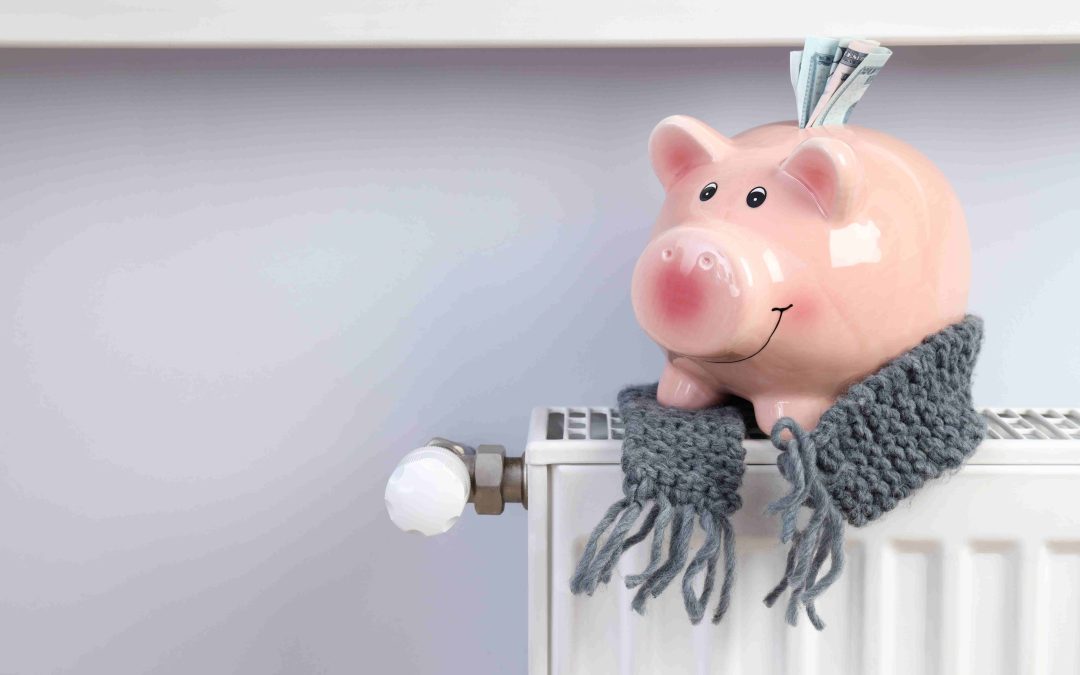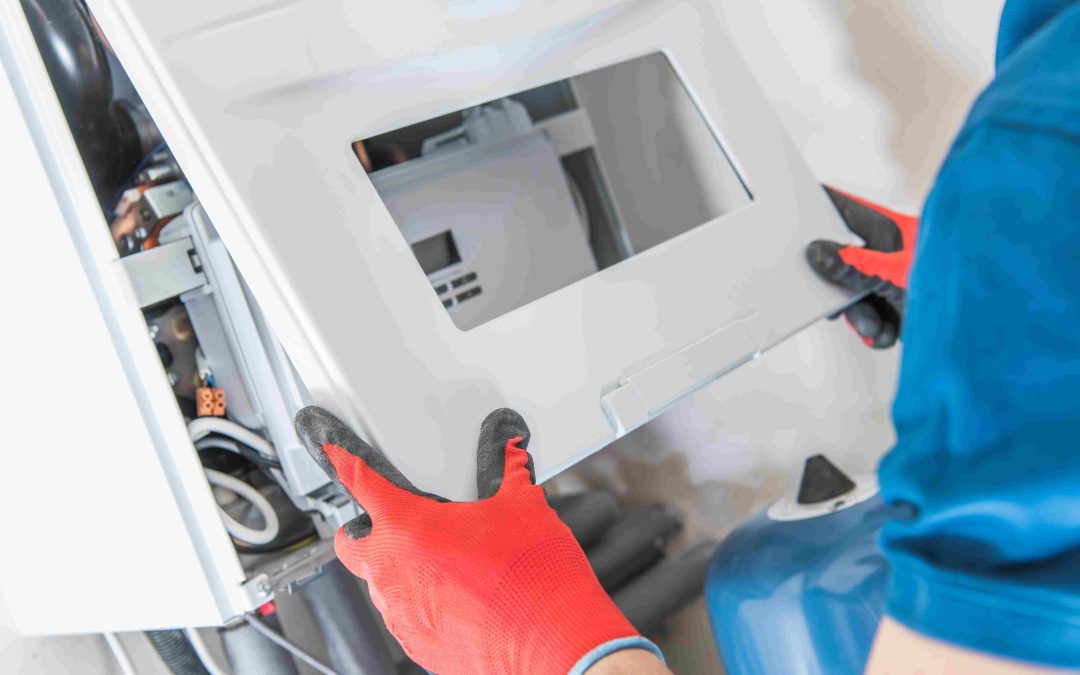Most people in the UK have a central heating boiler but do not know what type of system they have.
Here at Bumblebee heating we work on all types of system but figured it would be a good idea to do a small blog for our customers so that they understand the type of system they have and some of the pro’s and cons attributed to each.
In most domestic dwellings there are four main types of heating system….
- Combination boiler (Combi)
- Conventional (heat only)
- System boiler
- Back boiler
Lets look at each and briefly explain how each system works.
Combi boiler:
A combi boiler does both your heating and hot water all from one unit. Unlike other types of system it does not require external pumps and valves to control it. It has to be on a sealed system (in almost all circumstances) meaning that the customer will have to “top up” the pressure periodically via a filling loop (please see our youtube channel for a video on how to do this)
Heating – All combi boilers require an external clock and stat/ programmable stat. We tend to fit a wireless programmable stat, where you can set your on/off times and your desired temperature on one unit. When a demand is created (you call for heating on your stat or timer) the boiler receives power on the switch live telling it to come on for heating.
The diverter moves inside the boiler, the pump comes on and the ignition process starts. The boiler fires up and sends the heated water out to the radiators. Once temperature is reached the demand (switch live) to the boiler will go and the boiler will stop firing but the pump will continue to take latent heat away from the boiler.
It is normal for a boiler to cycle on and off to get your house to the desired temperature.
Hot water – When you run a hot tap in the house a flow switch will be made within the boiler to tell it to come on for hot water. The diverter valve will move over to send the heated water through a small heat-exchanger known as a “plate to plate” or secondary heat exchanger. The cold mains water simply flows through this secondary heat exchanger and heats up via convection meaning it then comes out of your taps hot.
Advantages:
- Hot water on demand (does not run out)
- everything is within the boiler (which if under warranty means everything is covered for parts and labour via the manufacturer)
- Better pressure in showers (depending on your incoming mains supply)
- Once fitted future replacements are straight forward.
- On a sealed system meaning less chance of system corrosion
- Can often be fitted in a cupboard out of the way
Disadvantages:
- Showers can be effected when someone else runs a tap
- replacing a conventional boiler with a combi can be expensive
- often not suitable for larger properties with large usage.
Conventional (heat only)
A heat only boiler does exactly what it says on the tin. It takes its demand from external controls i.e zone valves and comes on to heat the water. This heated water is then dispensed to either a hot water cylinder (hot water) or around the radiators (heating).
In effect the boiler just heats hence the name heat only. The rest of the system does all the work. There will be an external pump that circulates the water and valves that dictate where that water goes. They are all controlled with a programmer/clock and thermostats on both the heating and hot water side.
This system is classed as open. In short that means there is an open tank (often in the loft) that is supplied water via a ballcock that fills the system. There is another tank (also in the loft) that supplies the water to the hot water cylinder that uses the gravitational head of water to force its way out to your taps. This can often mean that your taps have poor pressure due to height of your header tank.
Advantages:
- Cheap to replace if the rest of the system is working ok
- more than one shower can run at any one time without effecting the pressure
- Most hot water cylinders have an electric immersion heater meaning if your boiler is not working you have a back up for hot water
Disadvantages:
- Most of the moving parts are external to the boiler meaning that they would not be covered under a manufacturer warranty if you have a new boiler fitted.
- Due to the way the hot water is heated it can run out of hot water if used in quick succession ie you have two or three showers in a row.
- Water pressure in showers is often terrible unless a shower pump is fitted.
- This type of system is prone to sludge (corrosion build up) as it is open to air
System Boiler:
This is fairly similar to a heat only other than the pump is internal to the boiler and it is fitted on a sealed system, meaning the customer will have to “top up” the pressure periodically via a filling loop.
Advantages:
- Fitted on a sealed system meaning that there is less chance of system corrosion build up (sludge)
- The pump is internal to the boiler meaning that it is covered under a manufacturer warranty should it go faulty.
- Compatible with an unvented hot water system
Disadvantages:
- Quite expensive to replace vs a heat only
Back Boiler:
Back boilers are slowly being phased out. They are generally fitted behind a gas fire and are on an open flued system meaning a lot of the heat generated simply leaves via the flue making them very inefficient and expensive to run.
In terms of the way they work they are very similar to a heat only boiler and have the same advantages and disadvantages alike. Due to their location servicing these appliances is very difficult and therefore expensive. They require permanent purpose made ventilation and can be dangerous if not serviced annually.
The parts for this type of boiler are very hard to come by as many have been discontinued.
Advantages:
- If serviced annually there is very little on them to go wrong so therefore they are quite reliable.
Disadvantages:
- Very expensive to replace due to its location
- Not many parts are in circulation any more
- Very inefficient to run
- Expensive to service.
At Bumblebee heating we offer a no obligation quote service, so if you are looking to change or upgrade your current heating system please contact the office 01925713293 – 07722824665 or use our online quote tool (only takes 30 seconds) to get an idea of cost.




